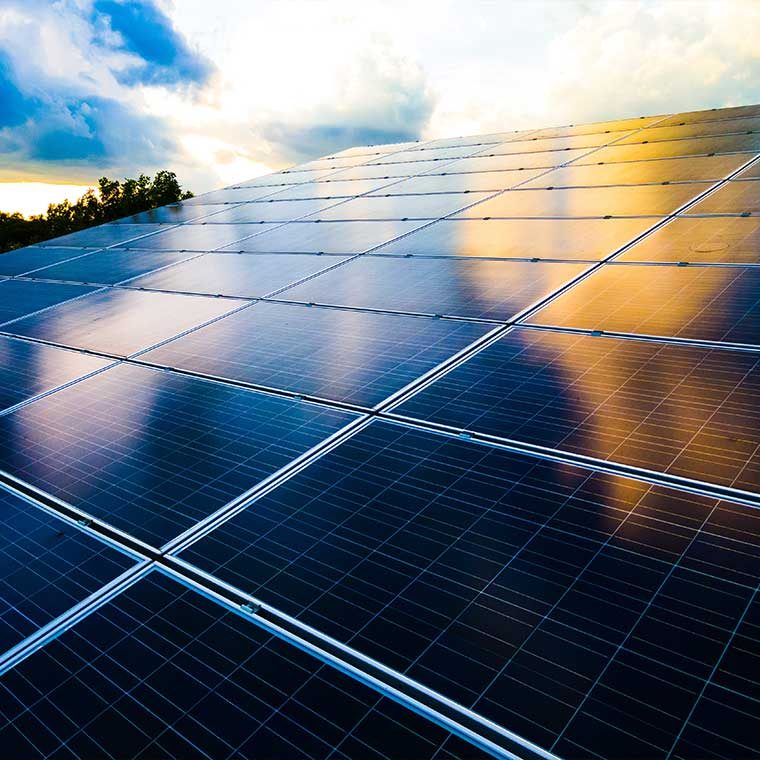South Africa’s energy crisis continues to dominate headlines, and businesses are bearing the brunt of it. According to a recent report from EE Business Intelligence titled “The long road to recovery as Eskom battles setbacks in its coal and nuclear revival”, Eskom’s ageing coal and nuclear fleet is still facing major hurdles in restoring reliable baseload capacity. From delays at Kusile and Medupi to further complications at Koeberg, the national grid remains under immense pressure, creating uncertainty and ongoing risks of load shedding.
For companies and industries that rely on stable electricity to maintain productivity, these issues aren’t just a matter of inconvenience—they represent escalating operational costs, reduced efficiency, and potential long-term instability. This is where Broadleaf Group steps in with renewable, future-ready solutions.
Eskom’s Challenges and What They Mean for Businesses
The EE Business Intelligence report highlighted how Medupi’s Unit 4, offline since a hydrogen explosion in August 2021, only returned to service in July 2025 after repeated delays. Kusile, plagued by construction setbacks for nearly 17 years, still struggles to bring its final unit online by the promised deadline. Meanwhile, Koeberg’s life-extension project has revealed unexpected cracks in newly installed equipment, pushing back timelines further.
Although Eskom assures that these delays do not immediately threaten grid safety, they reinforce an uncomfortable reality: South Africa’s baseload supply remains fragile. The uncertainty has forced businesses to increase expenditure on diesel generators, lost production hours, and mitigation measures—all of which drive operational costs significantly higher.
The Case for Solar as a Cost-Saving Alternative
Broadleaf Group recognizes that waiting for Eskom to stabilize is not a sustainable strategy for South African businesses. Instead, investing in solar power provides a direct, cost-cutting solution. By installing rooftop or ground-mounted solar systems, companies can reduce their reliance on the national grid and insulate themselves from erratic supply and price hikes.
Unlike diesel generators, solar power offers a low operating cost once installed. The sun’s energy is free, and with modern solar photovoltaic systems paired with storage, businesses can operate consistently even during load shedding. Over time, the capital expenditure is outweighed by substantial savings on monthly energy bills and reduced dependence on costly backup solutions.
Solar as a Strategic Investment
Beyond cost savings, solar installations also future-proof operations. As South Africa works to transition toward a more sustainable energy mix, businesses that adopt renewable energy early will be positioned as leaders in innovation and environmental responsibility. This not only reduces their carbon footprint but also enhances brand reputation, particularly with environmentally conscious consumers and stakeholders.
At Broadleaf Group, we understand that each business has unique energy needs. That’s why our tailored solar solutions integrate with existing operations, ensuring that clients cut costs without compromising efficiency. Whether powering manufacturing plants, retail outlets, or office spaces, solar offers both resilience and a competitive edge.
Turning Crisis into Opportunity
The ongoing delays in Eskom’s recovery, as detailed by EE Business Intelligence, highlight that energy instability will remain a defining challenge for South African businesses in the years ahead. However, with solar, companies don’t have to remain at the mercy of these setbacks.
Broadleaf Group’s renewable energy solutions transform uncertainty into opportunity. By harnessing solar, businesses can not only cut operational costs but also secure reliable, sustainable power for the future.
Source: EE Business Intelligence, The long road to recovery as Eskom battles setbacks in its coal and nuclear revival.

